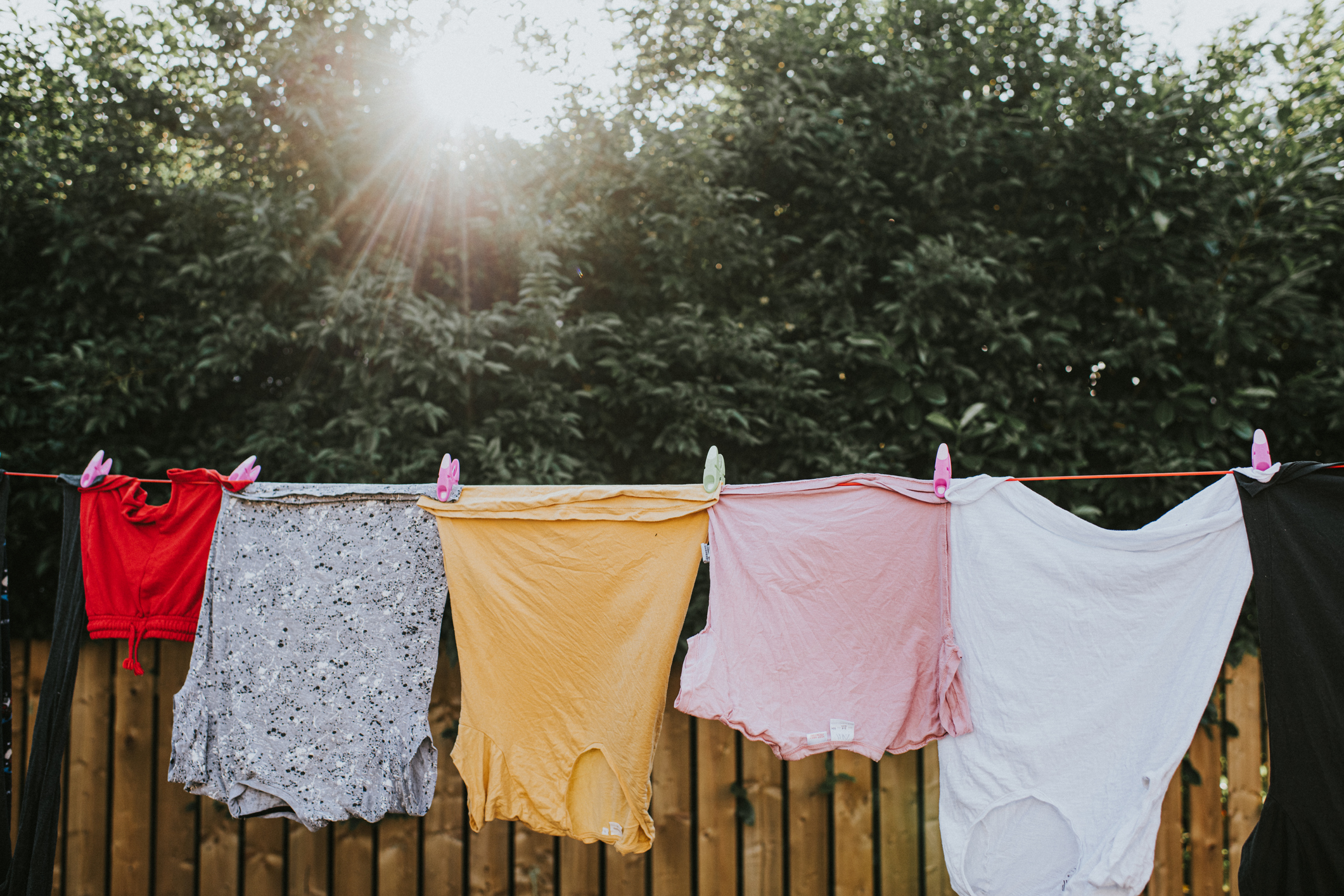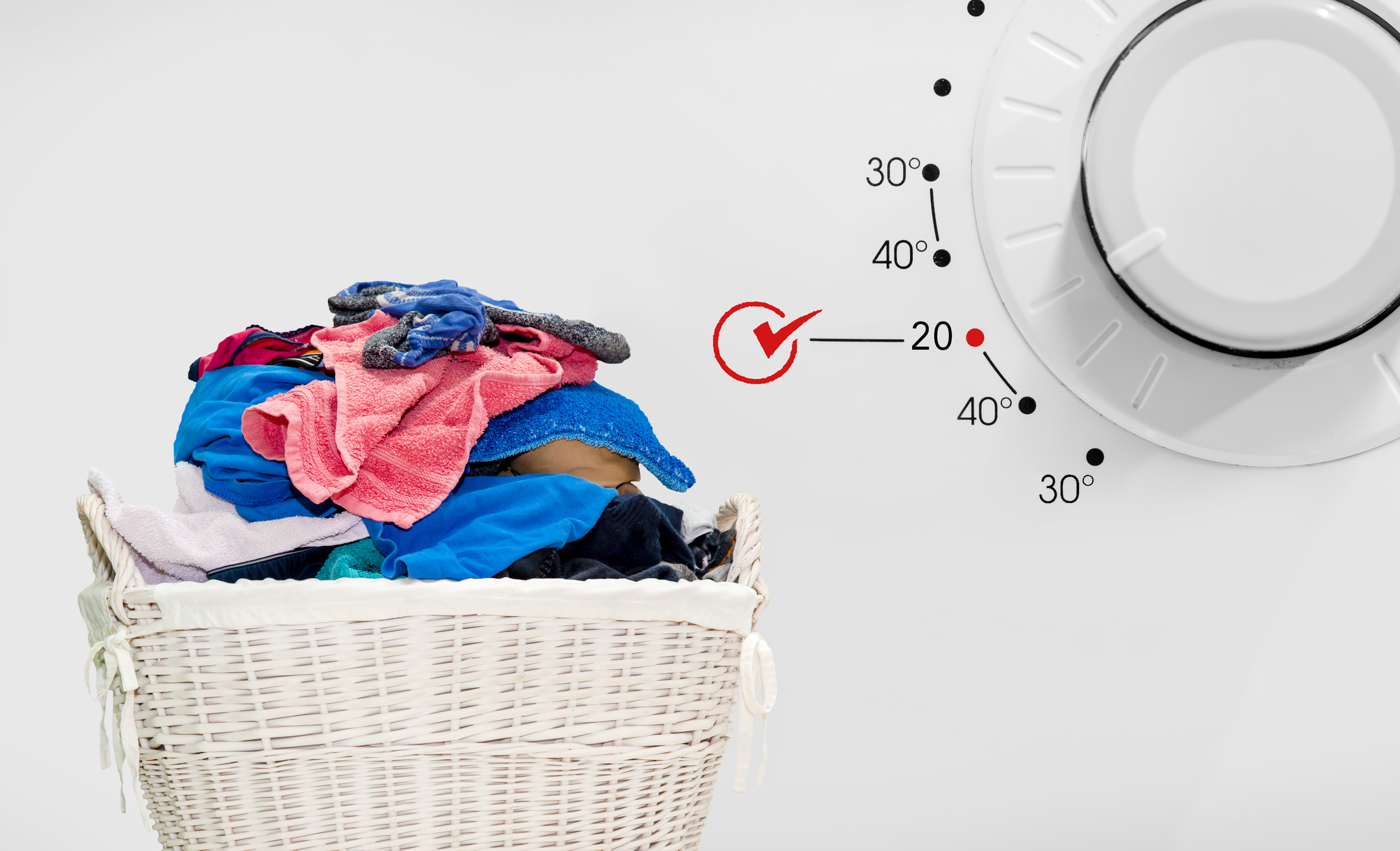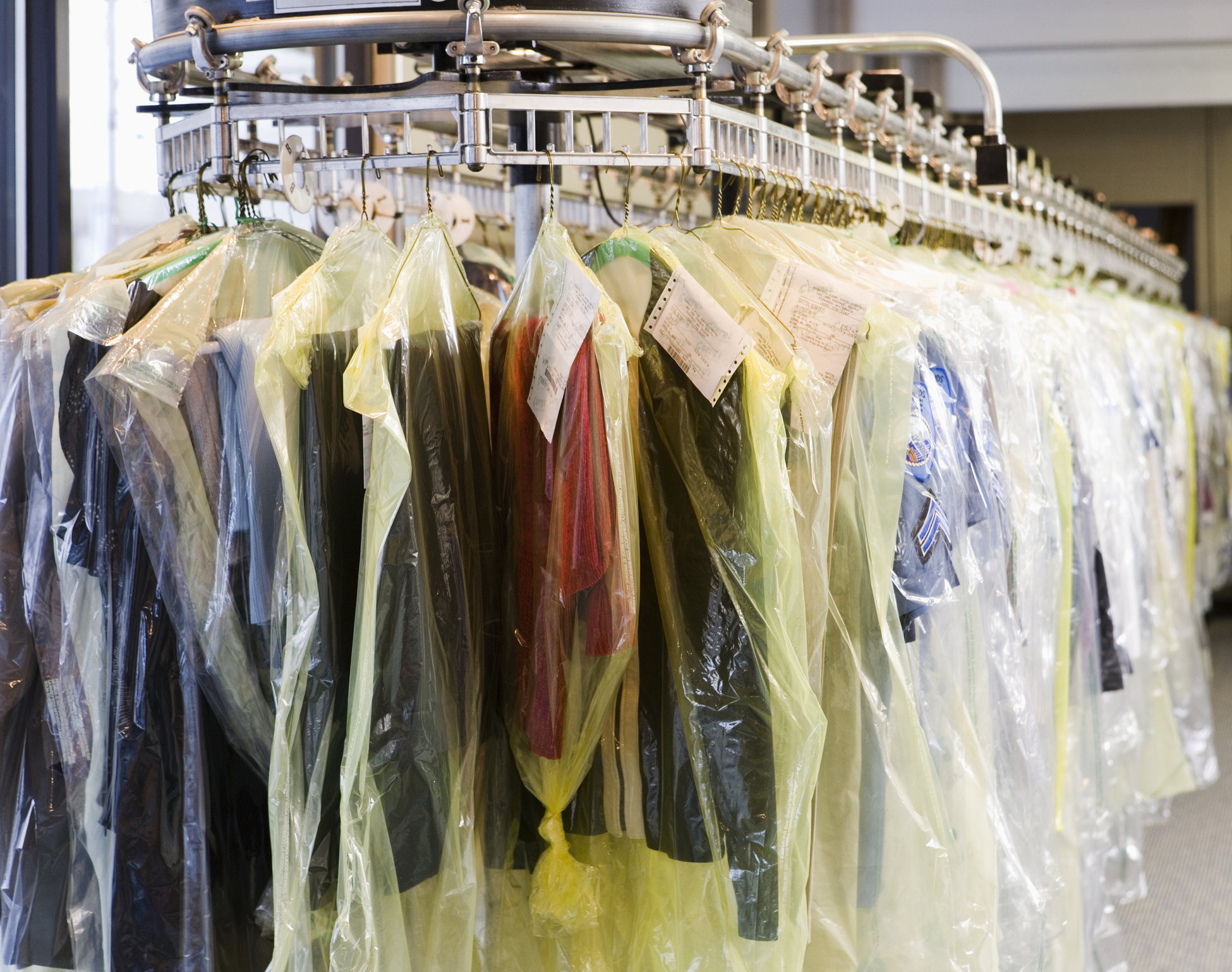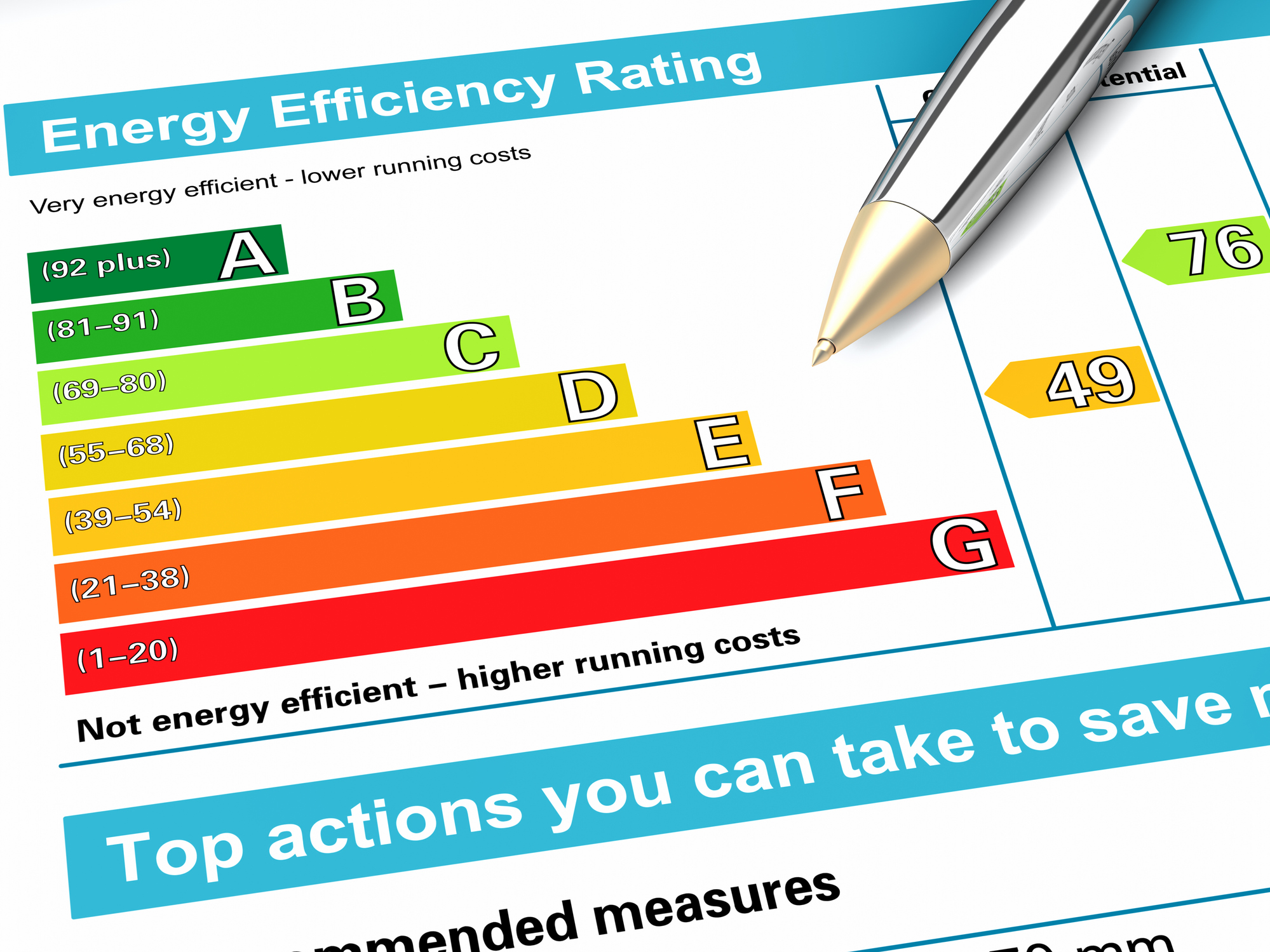How to Cut Costs on Washing Clothes
Cutting back on everyday spending has become a priority for many. Read on for tips on cutting the cost of laundry.

- Wash your clothes less
- Turn down the heat when you wash your clothes
- What laundry detergents work well on a cool cycle?
- Can I save money on laundry detergents?
- What’s the best kind of laundry detergent?
- Are there any other ways to save on detergents?
- Ditch the dry cleaning
- Skip the tumble dryer
- Get washing done in the evenings
- Looking for a new washing machine or tumble dryer?

As the UK continues to battle rising energy costs it isn’t surprising that people are looking at ways to cut back on energy use and everyday essentials.
People in the UK are currently paying the most for their electricity. Over the last 5 years, BOXT studied government data on electricity and gas prices. The data found that the UK is one of the countries that had the most significant year-on-year increases, with the UK taking the top spot.
A big contributor to our energy bills is washing clothes. So, with that in mind let’s head to the laundry room to look at ways in which you can make this everyday chore easier on the pocket.
Wash your clothes less
The easiest way to save money on laundry is to wash less. Consider other ways of keeping clothes fresh. Instead of leaving clothes on the floor overnight, hang them up near an open window or sunny spot indoors. Even a quick blast with a handheld steamer is a cheaper way to refresh clothes rather than heading to the washing machine at the end of the day. This method works especially well for jumpers, jeans, jackets and coats.
When it comes to clothing that must be washed every day like underwear, t-shits and workout gear ensure you have enough for a full load of washing rather than washing smaller loads that cost the same as a full load. And if you do need to wash these items before the next load, think about quickly handwashing items like bras - they even last longer when you hand wash!
Turn down the heat when you wash your clothes

If you usually set the machine to a hot wash, turn down the heat. Heating the water is expensive and a warm wash will use about half of the energy as a hot wash. According to Ariel ‘One of the main benefits of choosing a wash temperature of 30°C is that on average you can save 57% on running costs when compared to washing at 40°C Even better, try a cold wash and save even more!
Some of the latest washing machines now come with a 15°C or 20°C cycle, allowing you to make even more savings on your electricity bill. Bear in mind your detergent will need enzymes that work well at cooler temperatures.
What laundry detergents work well on a cool cycle?
When washing at cooler temperatures it matters if the detergent is bio or non-bio is important. Non-bio detergents don’t contain the enzymes that are required for cooler washes so always look for a bio version.
Can I save money on laundry detergents?
You can, firstly whatever detergent you use, use less of it. In most cases using half of your chosen detergent will do just as good a job at getting a standard wash clean. You really will notice that your detergent goes a lot further!
What’s the best kind of laundry detergent?

With so many detergents on the market, which is the cheapest and will it do the job? There are pros and cons to all of them, so let's take a look…
- Powder - The cheapest per load. However, the powder doesn’t dissolve well in colder washes and it can leave a residue in the machine and that means more cleaning!
- Liquid - More expensive than powder detergents but liquid dissolves easily in cold water washes. The liquid is great on greasy stains and it’s convenient for pre-treating. However, it’s easy to use far too much liquid and the packaging isn’t always eco-friendly.
- Single dose pods - The most expensive way to buy detergent, pods are easy to use and you can’t use too much detergent as it’s premeasured. Be aware that pods can be a hazard to small children and should be stored in a safe place.
Are there any other ways to save on detergents?

Refill shops are a great way to save on cleaning products, including washing detergents. We are often paying a premium for packaging, by using your own you can make great savings. Not only will using refill shops help your pocket, but it also helps the environment too.
Making your own laundry detergent saves money, but not time. If making your own is something you have considered there are hundreds of recipes and methods online like this one from Martha Stewart.
Likewise, it’s possible to make your fabric softener too. Alex King, founder of Generation Money says’s ‘Instead of using expensive fabric softeners, you can use vinegar. Add half a cup of white vinegar to the rinse cycle. It softens the clothes and removes any lingering odours.
If you still prefer to pick up your laundry detergents in your weekly supermarket shop, consider the supermarket's own brand. They are just as effective but there are significant savings to be made. For example:
Tesco Non-Biological Detergent Super Concentrated 1.8L - provides 60 washes and costs £3.42. Compared to Persil Non-Biological Liquid Detergent 1.95L - provides 72 washes but costs £11. By opting for Tesco’s version you will save a whopping £7.58!
Ditch the dry cleaning

If footing the dry cleaning bill fills you with dread consider ditching it altogether. Ok, there will always be some garments that you wouldn’t dare try to dry clean yourself, like a designer suit or expensive leather coat. But some clothing can be cleaned at home.
Firstly, check the label on the clothes you would like to clean. There is often a delicate cycle on washing machines that does a great job on silk and wool. Just remember to use a suitable detergent!
Many of us have steamers at home too, and they do a great job at refreshing clothes that would normally go to the dry cleaners. You could consider using dry-cleaning sheets, they are available online and in some supermarkets.
Skip the tumble dryer
Research from The Energy Saving Trust shows that 14% of the energy used in the home comes from using washing machines, dishwashers and tumble dryers. Using the washing machine is inevitable but there are alternative ways to dry clothes rather than switching on the tumble dryer.
- Use a heated clothes airer - Although the initial cost is between £50 and £100 and the drying time is longer, a heated clothes airer is far cheaper than using a tumble dryer. On average 8p per hour to run compared to 74p per hour for a tumble dryer.
- Add a retractable clothesline to a room - choose a room with good ventilation so that you can avoid condensation, a bathroom is ideal if you have the room. It’s a great way to dry everyday essentials regularly at no extra cost.
- Use hangers - Whatever airer you decide to use, use hangers to dry your clothes. You can fit more clothes on the airer and it creates better airflow, ensuring your clothes dry slightly faster.
Get washing done in the evenings
Depending on your energy provider and the tariff that you are on, it could be cheaper to run your washing machine in the evenings and weekends. A standard off-peak time is 11 pm to 8 am. But times can vary depending on where you live too.
Looking for a new washing machine or tumble dryer?

Before investing in a new washing machine or tumble dryer take a look at its energy label to understand how energy efficient it is. Understanding the label can be a little challenging, take a look at this guidance from Energy Label, it explains exactly what to look for! The guidance helps with all your home appliances so you can cut back in every room including the laundry room.

Hi, I’m SJ. I’m the Beauty Editor and PR Executive here at MyVoucherCodes. As a qualified make-up artist, I've been able to share my knowledge on all things beauty and skincare with our readers so they not only look good and feel great, but save money. As a mum of three, I understand the challenges that families face, and making budgets go further is something I feel passionately about. My research and recommendations help families of all sizes shop better allowing them to enjoy the little luxuries in life. My work has been featured in many publications including The Sun, The Mirror, Netmums, and The Telegraph.
Outside of MyVoucherCodes, I'm a writer and interviewer for pop culture magazines like Buzz Magazine. I've chatted to celebrities such as Strictly's Johannes Redebe and poet Kae Tempest. It's certainly one of the best parts of my job. Over the years I've built a portfolio of work that shows the diversity of my writing, which gives me a breadth of knowledge and experience that I apply to my work every day.